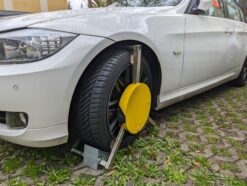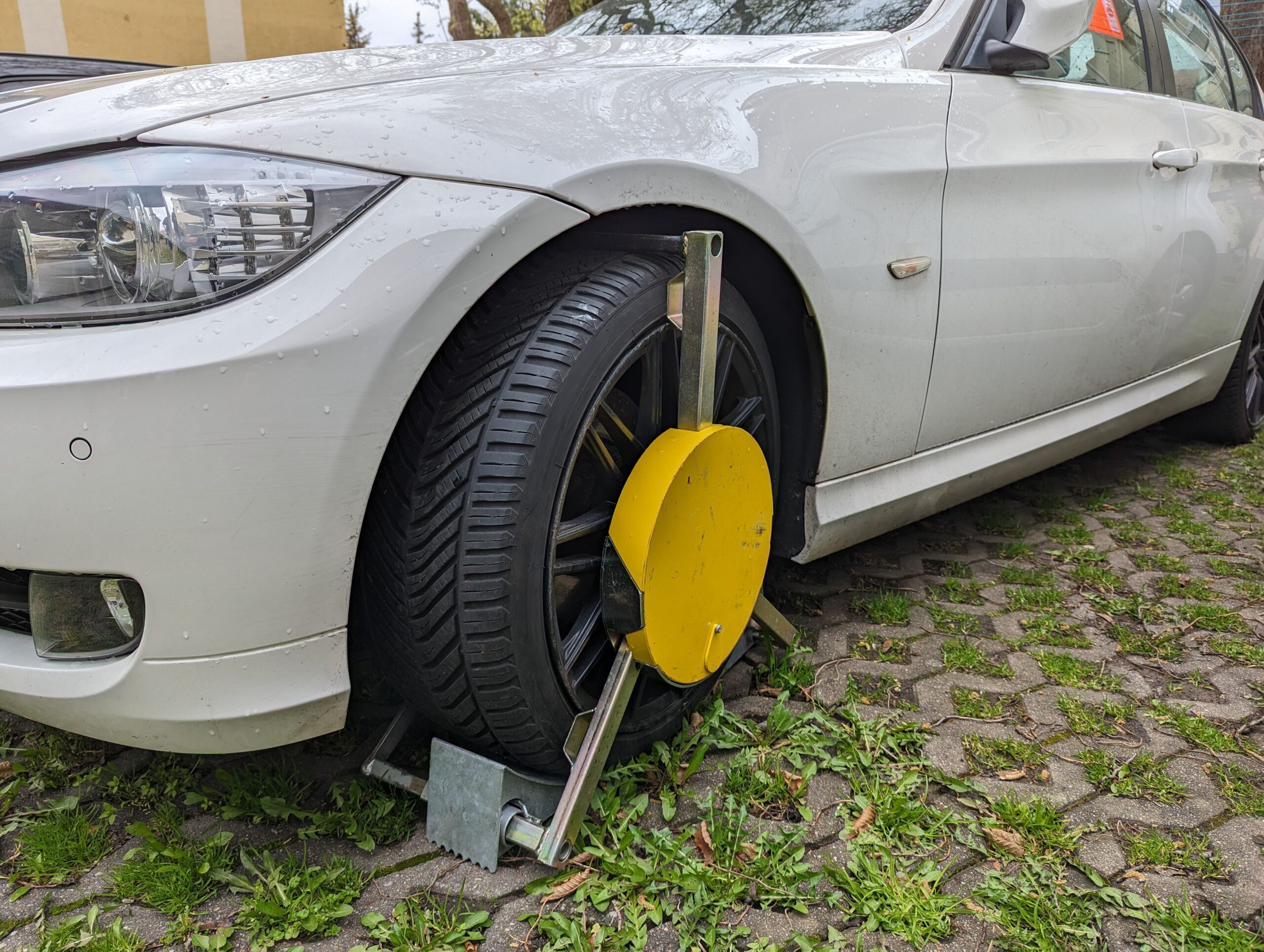
If they gain peaceable entry to your home a bailiff has the power to take any items which are not required to satisfy your basic domestic needs.
The issue with this statement is that it is subjective. However generally speaking this list could include things such as Hi Fi equipment, jewellery, computers and tablets. They can also take things from outside your home like your garden equipment or even your car.
Any goods that are seized will be sold at public auction and typically will sell for about 10% of their original value. This means that if you owe £50 a bailiff will probably try to seize goods to the value of at least £500. The money raised will be used to first pay for the bailiffs’ fees. Any remaining cash will be given to the creditor on whose behalf the bailiff was working.
Unfortunately the second-hand value of goods can be very low and so, depending on the level of the outstanding debts you may still owe money even if the bailiffs have taken away most of your things.
Have you been contacted by a bailiff? Give us a call (0800 077 6180) or complete the form below to speak to one of our experts
What items must a Bailiff leave?
In April 2014 part 3 of the Tribunals Court Enforcement Act 2007 was introduced into the law which includes the Taking Control of Goods Regulations. This made the rules about what Bailiffs are not allowed to take a little clearer.
This Act now clarifies that a bailiff is are not allowed to take household items which are reasonably required to satisfy the basic domestic needs of you and your family. This statement is still subjective however it is widely regarded to include items such as your cooker, microwave, refrigerator, freezer or washing machine and TV.
Other items which are required to satisfy basic domestic needs include clothing, bedding, reasonable furniture and provisions.
Tools of your trade – If you are self employed a bailiff is not allowed to take the following items: Tools, goods, vehicles and other items of equipment necessary for use by you in your employment, business or vocation
Items that do not belong to you – A bailiff must only seize goods that belong to the person who owes the money (although any goods in the house /property can be seized for distress of rent).
In practice, many bailiffs will attempt to seize any goods of value at a house they visit. It will then be up to the owner to prove ownership afterwards and apply for them to be returned. This is clearly undesirable and so if you have receipts showing someone else bought and owns the goods then you must show the bailiff as these will prevent them being seized.
If a bailiff seizes goods that are subject to a Hire Purchase agreement seek advice urgently unless the bailiff has been employed by the HP company. Goods on HP do not belong to you until you make the final payment.
When is a bailiff likely to take your goods?
Generally speaking bailiffs do not actually want to take the goods in your home. They would prefer you to agree a sensible repayment plan with them to pay the debt that you owe. As such the most likely action that a bailiff will take is to ask you to sign a Controlled Goods Agreement (previously known as a Walking Possession Order).
Basically this is an agreement to repay the debt you owe within a particular time. It also includes a list of items that the bailiff will return and take if you do not stick to the repayment agreement.
BMD Tip: If you sign a Controlled Goods Agreement and then do not make the payments you have agreed the bailiff can return and break into your property to seize the goods listed on the walking possession order without further permission from you.
A bailiff does have alternative options than asking you to sign a Controlled Goods Agreement. They can remove items immediately from the property or they may leave someone on the premises to guard the items that have been seized if they feel there is a risk that these may be removed.
Can I hide my possessions from a Bailiff?
If a bailiff has not already gained peaceable entry to your home then you could hide them or move them elsewhere before the bailiff comes back. In this way if they do gain peaceable entry to your home they will not be able to include the items on a Controlled Goods Agreement. This is actually not unlawful unless the bailiff is trying to recover rent arrears.
BMD Tip: If you try to remove the goods from the premises after signing a Controlled Goods Agreement this would be a criminal offence.
Arrange a call with a Debt Management Expert
Privacy Policy
Your information will be held in strictest confidence and used to contact you by our internal team only. We will never share your details with any third party without your permission.


